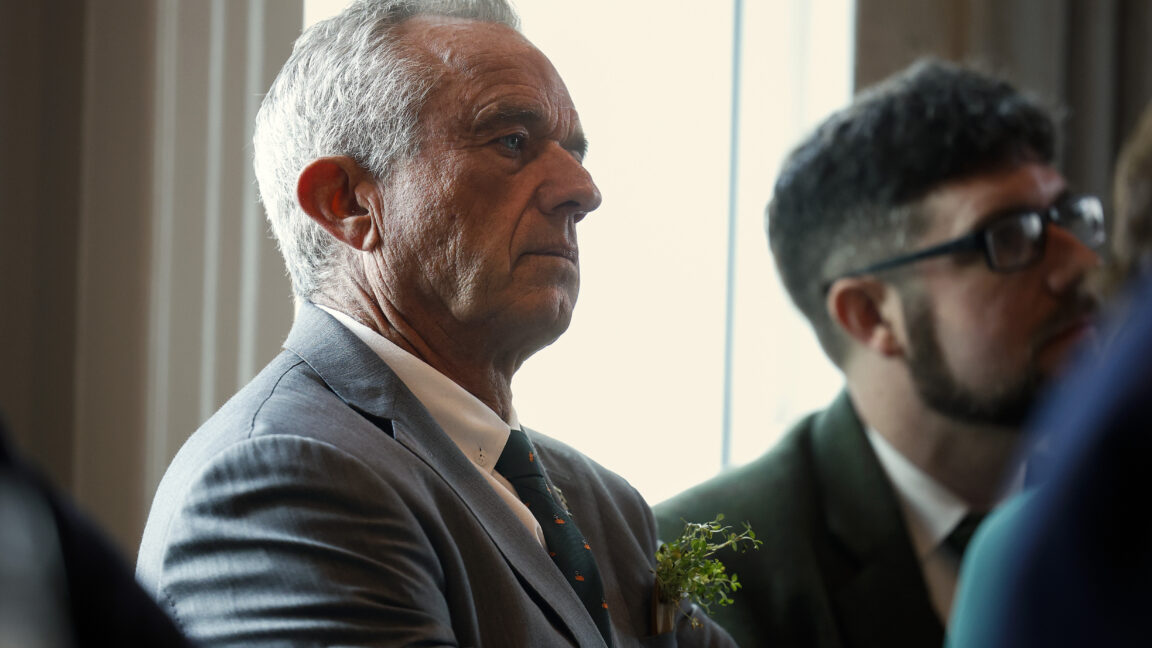
Corridor claims that due to this, aides for Kennedy blocked him from being instantly interviewed by New York Instances reporters in regards to the examine. As a substitute, Corridor was allowed to supply solely written responses to the newspaper. Nevertheless, Corridor claims that Andrew Nixon, a spokesperson for Kennedy, then downplayed the examine’s outcomes to the Instances and edited Corridor’s written responses and despatched them to the reporter with out Corridor’s consent.
Additional, Corridor claims he was barred from presenting his analysis on ultra-processed meals at a convention and was pressured to both edit a manuscript he had labored on with exterior researchers or take away himself as a co-author.
An HHS spokesperson denied to CBS that Corridor was censored or that his written responses to the Instances had been edited. “Any try to color this as censorship is a deliberate distortion of the details,” an announcement from the HHS mentioned.
In response, Corridor wrote to CBS, “I ponder how they outline censorship?”
Corridor mentioned he had reached out to NIH management about his issues in hopes all of it was an “aberration” however by no means obtained a response.
“With none reassurance there wouldn’t be continued censorship or meddling in our analysis, I felt compelled to simply accept early retirement to protect medical insurance for my household,” he wrote within the LinkedIn put up. “As a consequence of very tight deadlines to make this determination, I don’t but have plans for my future profession.”

